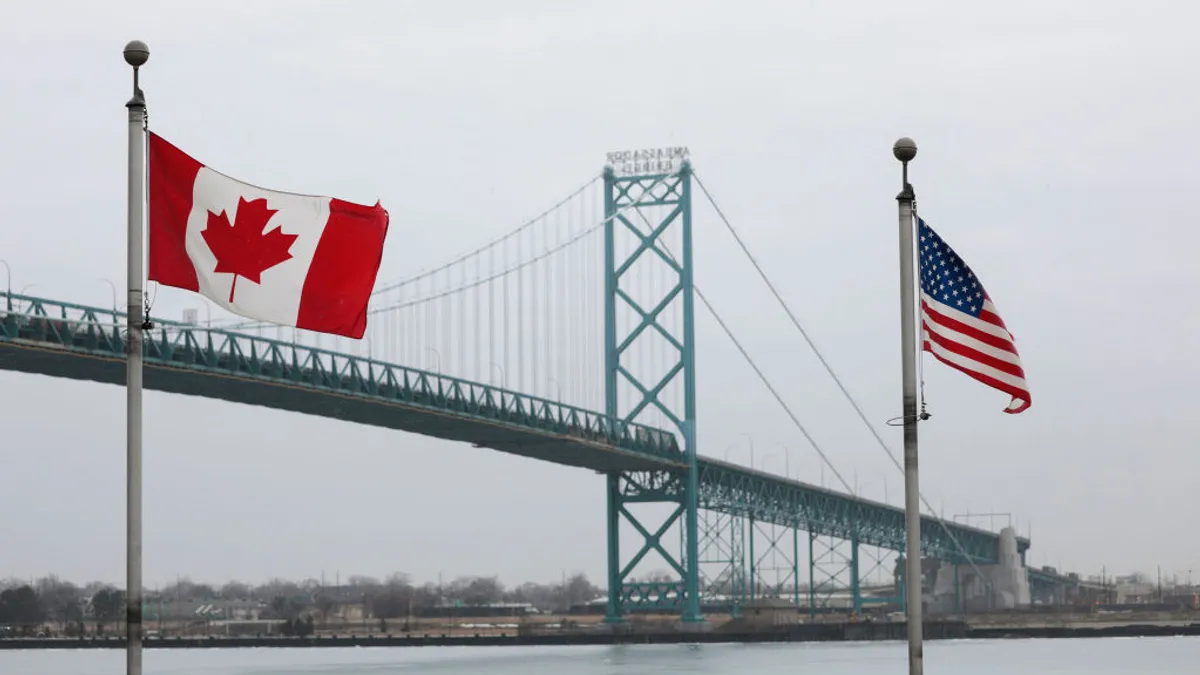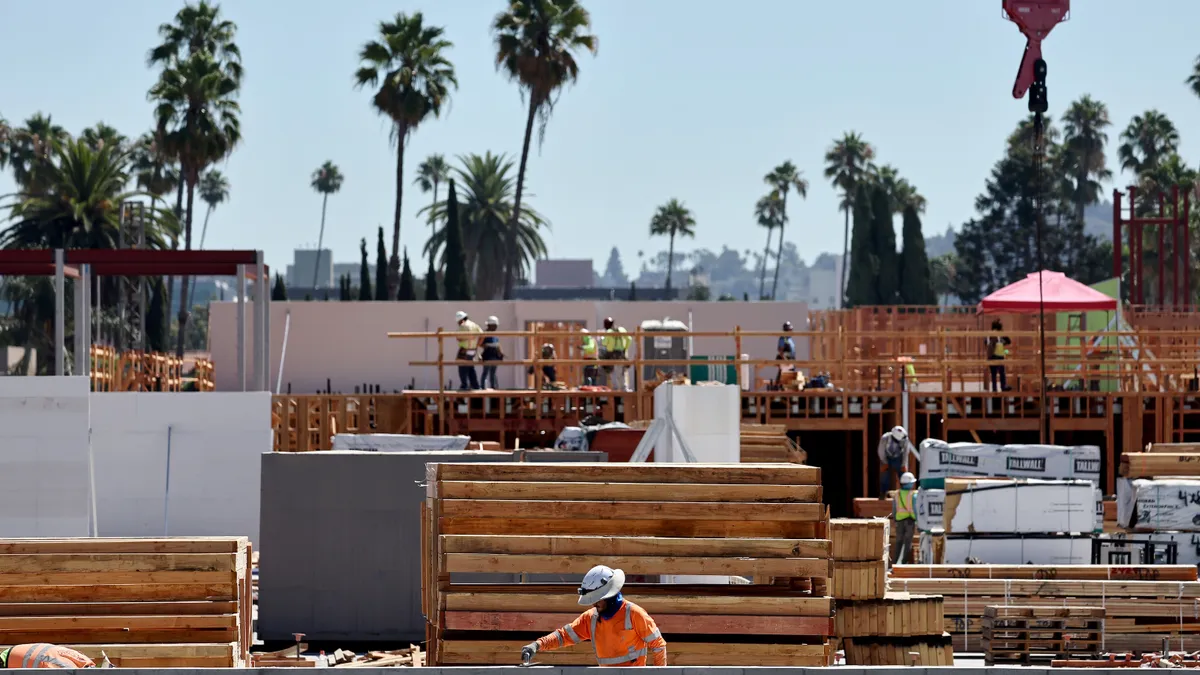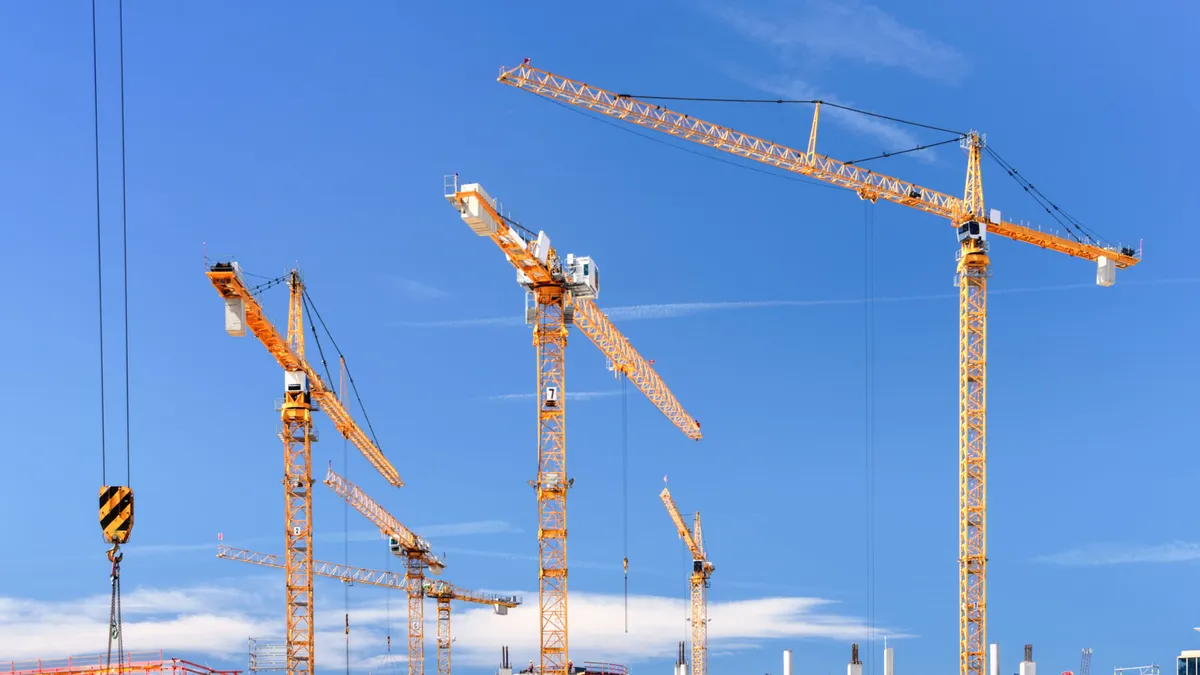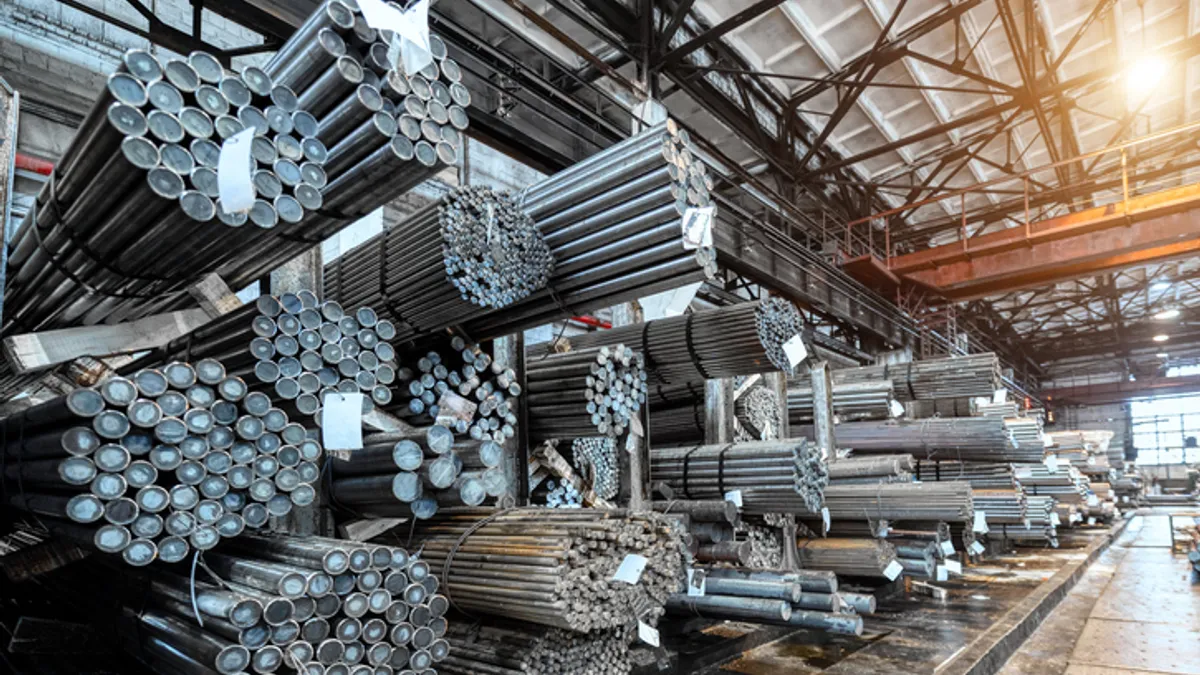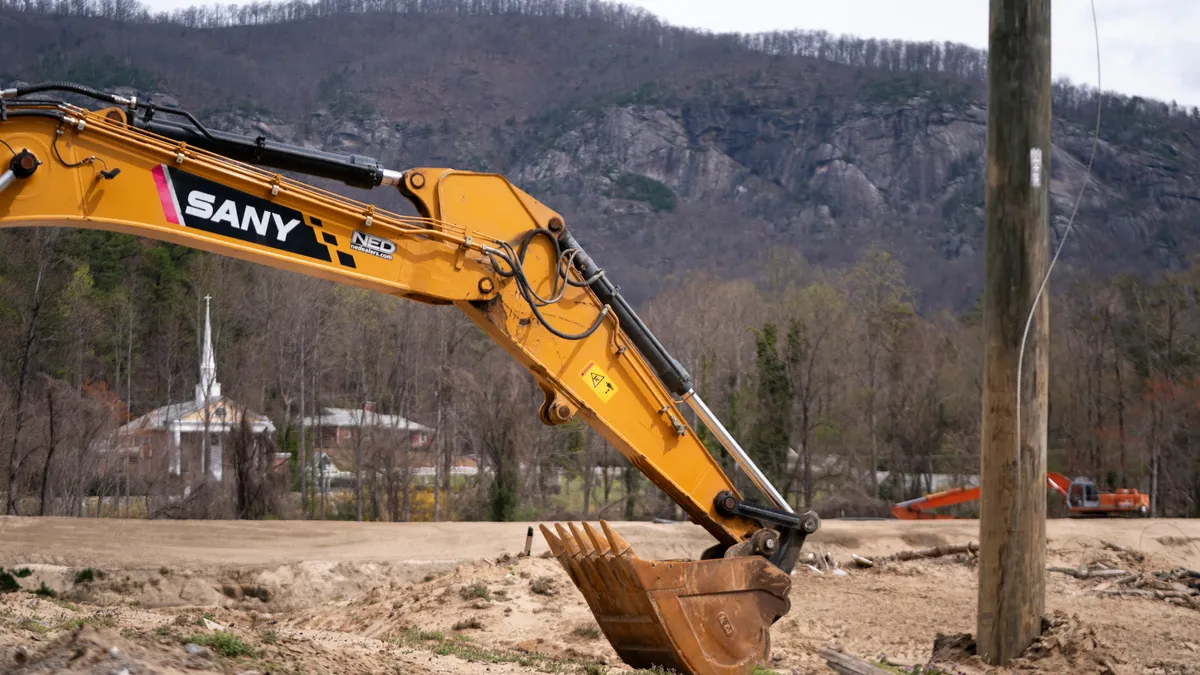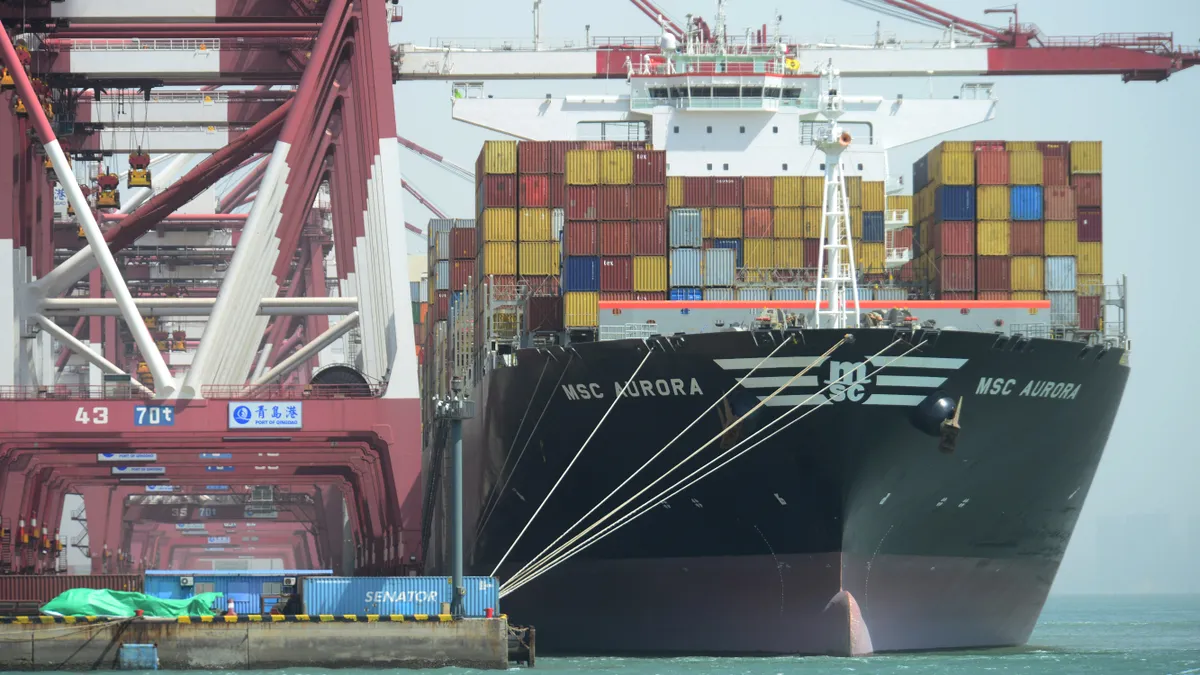In recent months, large Canadian construction companies have performed more strongly in the stock market than their American counterparts, but contractors in both countries face uncertainty and fallout from President Donald Trump’s trade policies.
Among the levies that the U.S. has imposed on Canada — and that are still in effect — are a 25% tax on steel and aluminum issued on March 12 and a 10% baseline reciprocal tariff issued on April 5, according to Supply Chain Dive. Canada, for its part, has responded with its own retaliatory tariffs, most recently on April 9 with a 25% tax on U.S.-made vehicle imports.
The trade tensions mark a turn away from the countries’ historically neighborly relationship, personified through projects such as the Gordie Howe Bridge between Windsor, Ontario, and Detroit.
Since the election, the value of stocks for Canadian engineering companies WSP and Stantec “dramatically outperformed U.S. peers” like AECOM, Bowman Consulting Group, Fluor, Jacobs, KBR, NV5 Global and Parsons, which saw their stocks slump during that period, according to a March 23 analysis that Milwaukee-based financial services firm Baird shared with Construction Dive.
The reasons for that decline are complex, however, according to Baird Senior Research Analyst Andrew Wittmann. The shareholder bases on the Canadian firms are far more stable since a huge portion of them are owned by various Canadian pension plans, while U.S.-listed stocks don’t have the same benefit. Foreign exchange rates are a factor, and currency markets have also been quite volatile, he said.
“In my opinion the relative stock performance difference between the Canadian design companies and the U.S.-listed ones is more a question of the overall financial markets’ performance between the two countries rather than anything specific to the tariff policies,” Wittmann told Construction Dive in an email. “The Canadian-listed companies have plenty of exposure to [the] U.S. market.”
Construction activity in Canada has shown modest growth in recent months, according to the Canadian Construction Association’s Winter 2025 economic report. Toronto’s crane count grew by over 20% between August 2024 and February 2025, signaling a strengthening construction market, according to Rider Levett Bucknall’s most recent Crane Index, while Calgary’s crane count remained stable. The rest of the cities surveyed are in the U.S., and seven of them posted declines, with a 19% domestic downturn overall.
Nevertheless, the emerging trade war is likely to have a significant impact on the Canadian construction industry and planned and ongoing projects, including cost hikes and project delays, according to Canadian law firm MLT Aikins. Many Canadian projects rely on specialized service providers and engineers from the U.S. as critical components of projects.
“In many respects, the Canadian and U.S. construction industries have become integrated, with Canadian suppliers selling many materials and supplies to the U.S. (i.e. lumber) and many Canadian constructors and owners relying heavily on materials and supplies from the U.S. (i.e. machinery, equipment, steel, etc.),” according to a blog post from the firm.
Canada hits back
Trump’s tariffs present a significant risk for the construction industry in the Great White North, according to the Canadian Construction Association. They will likely translate to increased costs for homebuilding and trade-enabling infrastructure, and also impact supply chains and trading relationships.
The levies will damage the integrated economy that Canada and the U.S. share, said Rodrigue Gilbert, president of the Canadian Construction Association, in a March statement.
“The Canadian and American construction industries rely heavily on free-flowing supplies of essential construction materials. These needless tariffs will decrease productivity, harm economic growth and put critical projects and countless construction jobs at risk — on both sides of the border,” said Gilbert.
At the same time, Canadian jurisdictions and leaders are fighting back. Ontario has banned U.S. construction companies from bidding for public sector contracts as long as U.S. tariffs are in place, freezing them out of some $140 billion worth of infrastructure projects in Canada’s most populous province, according to Global Construction Review.
Separately, Toronto has also moved forward with a ban on U.S. contractors. The Canadian Broadcasting Corp. analyzed the city’s competitive contracts over two years and found that 10% of them, totaling about $150 million, went to American companies.
As Trump’s tariff and other policies continue to evolve, the unpredictability is weighing on both countries, said Wittmann.
“It's true that tariff as well as policy uncertainty has started to hold back investment decisions, and we trimmed our 2026 earnings outlook for several companies for which we conduct research to reflect this,” said Wittmann. “This uncertain outlook impacts all companies, U.S. and Canadian alike.”



